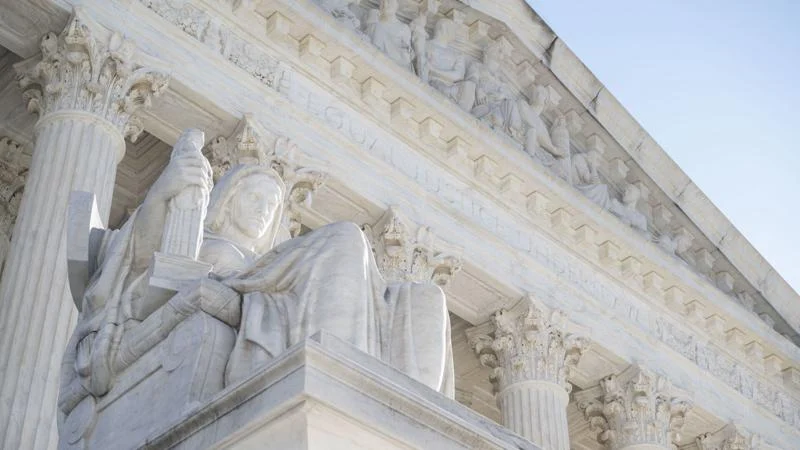The Supreme Court handed down six decisions Friday. The Court has 10 more cases to decide and then it will recess until the start of its 2025-26 term in October.
Fuld v. Palestine Liberation Organization
Unanimous
In an opinion written by Chief Justice John Roberts, the court issued a unanimous decision upholding the right of American victims of terrorism in Israel to seek legal redress against the Palestinian Authority and the Palestine Liberation Organization in U.S. courts. A lower court had earlier ruled the defendants were not subject to American jurisdiction and the cases could not proceed on U.S. soil. However, the Supreme Court reversed that decision, holding that the Promoting Security and Justice for Victims of Terrorism Act did not violate the Constitution’s due process clause and that Americans—even if attacked overseas—are ‘under the particular protection’ of U.S. law.
FDA v. R.J. Reynolds Vapor Co.
7-2. Justices Ketanji Brown Jackson and Sonia Sotomayor dissented.
The Food and Drug Administration denied the marketing requests of North Carolina-based e-cigarette manufacturer R.J. Reynolds Vapor Co. to market some of its vape flavors. The company joined up with some of its retailers in Texas and Mississippi and filed a lawsuit there, in the 5th Circuit, where it thought it might receive a more favorable ruling. The FDA’s position was that only manufacturers and not retailers could sue under the Tobacco Control Act and since the manufacturer is based in North Carolina, it could only sue in the 4th Circuit or with the D.C. Circuit. The Supreme Court held that retailers that are directly affected by an FDA denial can sue and thus allowed the case to proceed in the 5th Circuit.
Esteras v. United States
7-2. Justices Samuel Alito and Neil Gorsuch dissented.
The Court held that when a judge revokes an offender’s supervised release (meaning the offender will likely return to prison or face similarly harsh consequences), the judge cannot consider punishment for the original crime in the revocation decision. The plaintiff in the case, Edgardo Esteras, was originally convicted of conspiracy to distribute heroin. His sentence included prison time followed by six years of supervised release. He violated his supervised release several times, and the judge that revoked it cited his “rather lenient” earlier sentence and ordered 24 months of reimprisonment followed by another three years of supervised release. The Court ruled that the law requires judges to avoid retribution when deciding whether to revoke supervised release.
McLaughlin Chiropractic Associates, Inc. v. McKesson Corp.
6-3. Kagan, Sotomayor and Jackson dissented.
Health care company the McKesson Corporation sent unsolicited fax advertisements to various medical practices, including McLaughlin Chiropractic Associates, without any way for them to opt out. The Federal Communications Commission has interpreted the Telephone Consumer Protection Act as not applying to faxes sent through online fax services. The Supreme Court held that district courts should consider relevant federal agencies’ interpretations of a law when deciding a case but that they should ultimately rule based on their own interpretation of the law.
The Center Square also reported on the outcome of Diamond Alternative Energy, LLC v. EPA and Stanley v. City of Sanford.
10 remaining decisions
The Supreme Court’s remaining decisions for this term include a case involving birthright citizenship and nationwide injunctions; the ability for parents to opt their children out of school classes that contradict their religious beliefs; whether race should be a consideration in the drawing of voting district maps; and age verification to view online porn, among other issues.






